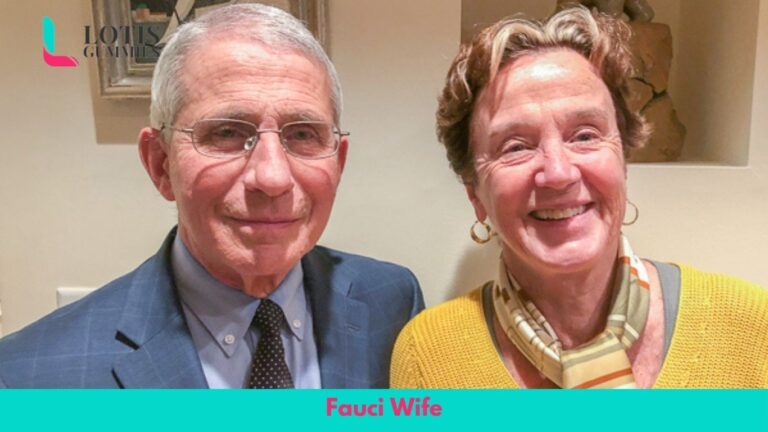Dr. Anthony Fauci, the public face of the federal COVID-19 response, recently appeared before Congress for the first time since retiring 18 months ago. His testimony was marked by an emotional recounting of the harassment and death threats he and his family have faced. Fauci passionately defended his work while describing the personal challenges that arose due to his prominent role during the pandemic.
What Threats Did Fauci and His Family Face?
During the House Oversight and Accountability Select Subcommittee on the Coronavirus Pandemic hearing, Fauci was questioned by Rep. Debbie Dingell (D-Mich.) about the harassment he experienced. Fauci detailed the extensive nature of these threats, stating, “Yes, there have been everything from harassments by emails, texts, letters of myself, my wife, my three daughters.” He revealed that the threats were so severe that two individuals were arrested. Fauci explained, “Credible death threats mean someone who clearly was on their way to kill me, and it’s required my having Protective Services essentially all the time.”
How Did the Threats Impact Fauci’s Family?
Fauci’s voice trembled when he spoke about his daughters—Jennifer, Megan, and Alison—and his wife, Christine Grady. Grady, a bioethicist and the Chief of the Department of Bioethics at the National Institutes of Health Clinical Center, has also been affected by the threats. Fauci turned off his microphone briefly to compose himself when discussing his family’s ordeal. When asked about his feelings during these moments, he responded emotionally, “Terrible.” He confirmed that the threats persist, saying, “Every time someone gets up and says I’m responsible for the death of people throughout the world, the death threats go up.”
What Concerns Did Rep. Dingell Raise?
Rep. Dingell expressed her dismay at the harassment Fauci has endured, emphasizing his decades of dedication to science and public service. She voiced concern that such threats might deter young scientists from pursuing careers in public service. Fauci agreed, highlighting the broader implications for public health careers. He stated, “I think this is a powerful disincentive for young people to want to go into public health and maybe even science and medicine in the public arena.”
How Do These Threats Affect the Public Health Field?
Fauci emphasized that the harassment he faced is not unique. Many of his less visible colleagues also receive threats when they defend public health measures. He warned that this could discourage talented individuals from entering the field. “We’re not getting the best people coming in because they’re reluctant to put themselves and their family through what they see their colleagues being put through,” Fauci explained. This situation jeopardizes the future of public health by deterring bright minds from pursuing these crucial careers.
What Does Fauci’s Testimony Reveal About Public Health Challenges?
Fauci’s testimony highlighted the significant challenges faced by public health officials in the United States. His personal experiences underscore the difficulties in maintaining the integrity and excellence of the public health enterprise amid a polarized environment. The ongoing threats he faces even after retirement serve as a stark reminder of the personal costs of public service.
Why Is Support for Public Health Officials Crucial?
The hearing concluded with a call for greater support and protection for public health officials. Rep. Dingell’s questions and Fauci’s responses shed light on the necessity of creating a safer environment for those working to protect public health. Fauci’s emotional testimony serves as a plea for understanding and support for the vital work done by public health professionals.
What Are the Long-Term Implications of Fauci’s Experience?
Fauci’s experiences and the ongoing threats he faces highlight the potential long-term impact on the field of public health. The reluctance of young scientists to enter public service roles due to the harassment faced by figures like Fauci could result in a shortage of skilled professionals in the future. This could hinder the ability of public health institutions to respond effectively to crises.
How Can the Public and Government Support Public Health Officials?
To ensure the continued effectiveness of public health initiatives, it is crucial for both the public and the government to support and protect public health officials. This includes condemning harassment and threats against these individuals and creating a culture of respect and appreciation for their work. Enhanced protective measures and public support can help attract and retain talented individuals in the field.
Conclusion: What Can We Learn from Fauci’s Testimony?
Dr. Anthony Fauci’s emotional testimony before Congress serves as a powerful reminder of the personal and professional challenges faced by public health officials. His dedication to his work, despite the significant risks, underscores the importance of supporting those who work to protect public health. By addressing the issues raised in Fauci’s testimony, we can work towards a safer and more supportive environment for public health professionals, ensuring the future integrity and effectiveness of the field.

